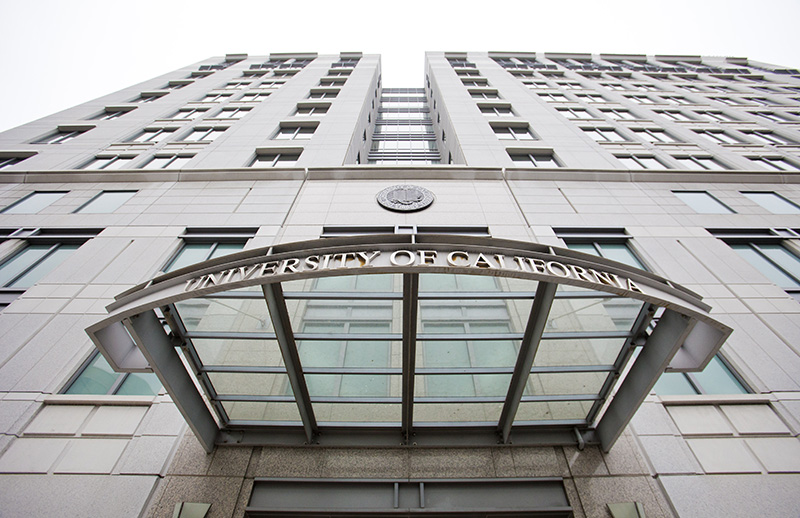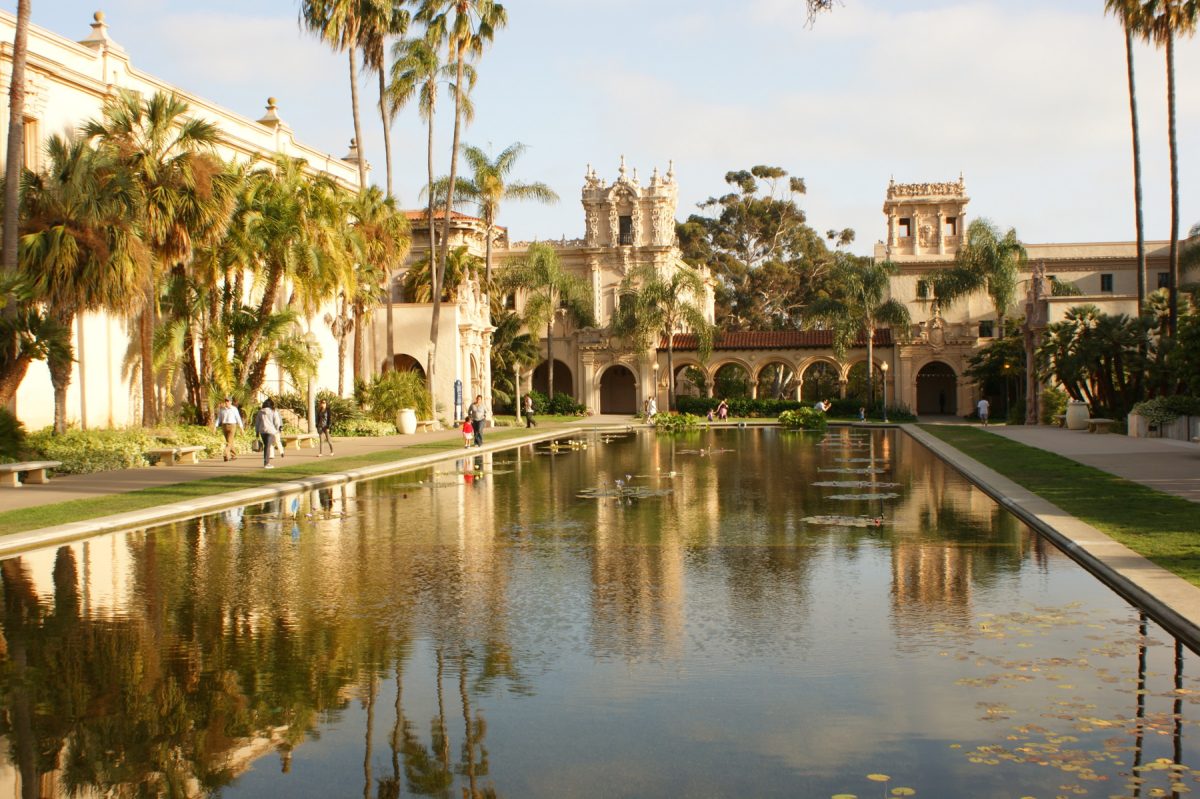UC San Diego’s electrical and computer engineering department at the Jacobs School of Engineering was awarded the Electrical and Computer Engineering Department Head Association’s Innovative Program Award for 2024.
The ECEDHA is an association for electrical and computer engineering educators in North America. It awards individuals or a department that has implemented a program significantly enhancing electrical and computer engineering education for students per year. UCSD’s ECE four-year hands-on curriculum aims to provide students with the experience needed for future endeavors through experiential projects.
“During my time as department chair, I heard from our industry partners that what was really needed was students who had hands-on skills that could be applied to internships from day one,” said professor and former chair of the department of electrical and computer engineering Truong Nguyen.
“At the same time, I was hearing from students who wanted a more engaging, personalized experience,” Nguyen added. “Small classes with team-based projects met both needs, and it’s been gratifying to see the hands-on curriculum evolve and continue to be so well-received by students, industry, and other engineering educators.”
Not only was the department recognized for the success of its curriculum, but its involvement within the community, including the exposure of the curriculum to local community colleges in preparation for their transition to a four-year university.
Professor and Chair of the department of electrical and computer engineering Bill Lin aims for the continuous growth of the program and its influence on students in the field.
“It is an honor to be recognized by our electrical engineering peers for the impact this curriculum has had and will continue to have on countless students and on the field of engineering education itself,” he said.
In 2016, the department launched the introductory course Experience ECE: Making, Breaking and Hacking Stuff, or ECE 5. It consists of four labs that emphasize four pillars within electrical engineering; communication, analog circuits, digital signal/image processing, and embedded systems and control. After ECE 5 was met with a positive response from students, the department made seven other hands-on courses available.
The additional courses include:
- ECE 16: Rapid Hardware and Software Design for Interfacing with the World
- ECE 115: Rapid Prototyping
- ECE 140 AB: The Art of Product Engineering
- ECE 144: LabVIEW Programming: Design and Applications
- ECE 148 Introduction to Autonomous Vehicles
- ECE 191: Engineering Group Design Project
- ECE 196: Engineering Hands-On Group Project
The curriculum wraps up with two senior capstone courses where students are able to work together to complete an academic-sponsored real-world project.
Computer engineering major and junior in Eleanor Roosevelt College Afraz Hameed has taken several of the project-based ECE courses.
“The hands-on experience I get is mainly in my labs, where I use software like LTspice and PSpice to simulate circuits, wiring connections, and devices using breadboards,” Hameed said. “The most interesting project I’ve done as part of my coursework was the speaker circuit I made for ECE 5, and I would say I learned a lot from the experience including how to solder electrical connections, how to use oscilloscope, function generators, and power supply equipment in tandem.”
Hameed finds the hands-on experience and group work through the ECE curriculum beneficial for his future career.
“The experience of teamwork is very relevant within the context of my major, as computer engineering is the bridge between electrical and software, so interfacing with those two along with plenty of other teams like mechanical and aero,” he said.
“The courses I’m taking shape my future career goals by getting exposure to potential fields I might be interested in pursuing further, like circuits, signal processing, machine learning, and software engineering,” he added.








